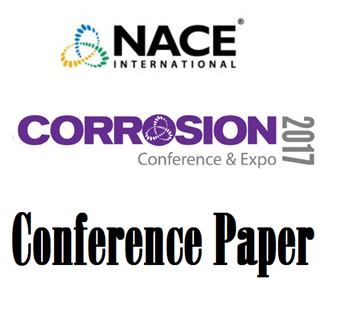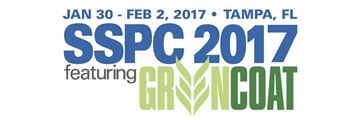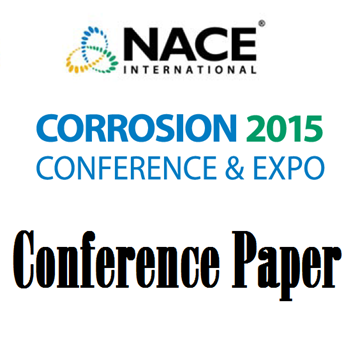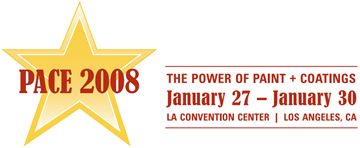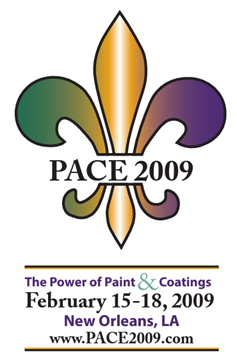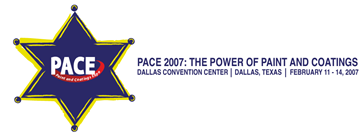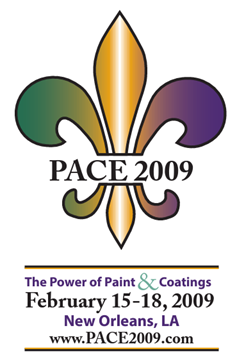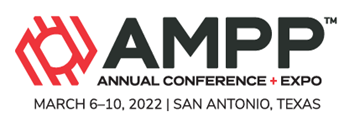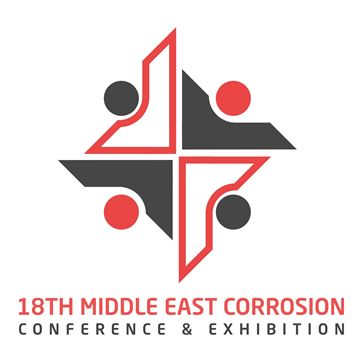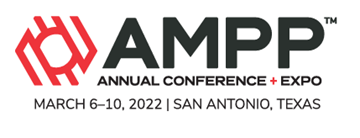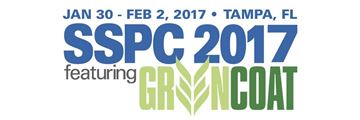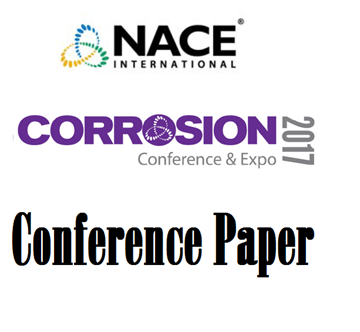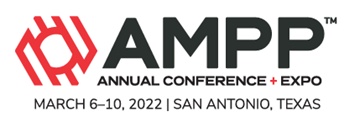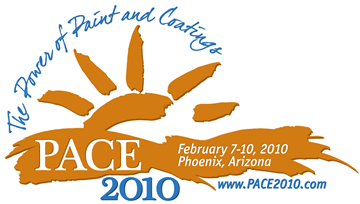Search
Individual Conference Papers
View as
Sort by
Display
per page
Leveraging Geospatial Corrosion Data to Facilitate Smart Decision-Making in Municipal Water and Wastewater Infrastructure Management
Product Number:
51324-20370-SG
Publication Date:
2024
$40.00
Lessons Learned from Offshore Coating Programs
Product Number:
51317--9226-SG
ISBN:
9226 2017 CP
Publication Date:
2017
$20.00
Lessons Learned from Dehumidification Specifications, Good and Bad
Product Number:
51219-215-SG
Publication Date:
2019
$20.00
Lessons Learned for Painting Over Hot-Dip Galvanizing
Product Number:
51217-048-SG
Publication Date:
2017
$20.00
Lessons Learned During 10 Years of ECDA Application
Product Number:
51315-5601-SG
ISBN:
5601 2015 CP
Publication Date:
2015
$20.00
Learning to Specify Vinyl Ester Linings for FGD Applications
Product Number:
41208-456-SG
Publication Date:
2008
$20.00
Learning from Failure: The Key to Advancements in Metallurgy and Corrosion
Product Number:
51324-21152-SG
Publication Date:
2024
$40.00
Leak Mitigation of Dynamic Cracks in Concrete
Product Number:
41216-982-SG
Publication Date:
2016
$20.00
Lead Stabilizing Additives: From Theory to Implementation
Product Number:
41207-329-SG
Publication Date:
2007
$20.00
Lead Contractor Approval Process for Louisiana
Product Number:
41209-467-SG
Publication Date:
2009
$20.00
Laying the Foundation for an Engineered and Integrated Approach to Pipeline External Corrosion Protection
Product Number:
51322-17962-SG
Publication Date:
2022
$20.00
Latest Developments with Solvent-Free Epoxy Coatings
Product Number:
41205-213-SG
Publication Date:
2005
$20.00
Laser Scanning to Evaluate Pipeline Joint (Girth) Weld Quality And Coatability
Product Number:
MECC23-19887-SG
Publication Date:
2023
$20.00
Laser Cleaning For Surface Preparation For Pre-Weld And Pre-Bonding Applications
Product Number:
51322-18182-SG
Publication Date:
2022
$20.00
Large-Scale Pilot Test Leads to Successful Coating Specification and Application in a Major Wastewater Rehabilitation Facility
Product Number:
51323-19033-SG
Publication Date:
2023
$20.00
Ladder Safety - Protecting Workers from a Complex Hazard
Product Number:
51217-051-SG
Publication Date:
2017
$20.00
Lack-of-Fusion-like Root Flaws in Stainless Steel Welds
Product Number:
51317--9111-SG
ISBN:
9111 2017 CP
Publication Date:
2017
$20.00
Laboratory Testing To Investigate If Coated Pipelines Are Safe For Transportation Of Hydrogen Gas
Product Number:
51322-17832-SG
Publication Date:
2022
$20.00
Laboratory Testing Of Corrosion Resistant Alloys In Deep Geothermal Well Environment
Product Number:
51321-16693-SG
Publication Date:
2021
$20.00
Laboratory Testing of Candidate Coating Systems for Protecting A 490 Bolts in One World Trade Center Construction
Product Number:
41210-529-SG
Publication Date:
2010
$20.00
Laboratory Testing in Leachate Environments to Understand Stress Corrosion Cracking on an Insulated Above Ground Pipeline
Product Number:
51319-13438-SG
Publication Date:
2019
$20.00
Laboratory Synthesis and Performance Evaluation of A Phosphonate-type Scale Inhibitor
Product Number:
51323-18784-SG
Publication Date:
2023
$20.00
Laboratory Study of Internal Corrosion and Cathodic Protection Concerns Related to Offshore Monopile Structures
Product Number:
51323-18894-SG
Publication Date:
2023
$20.00


